Presidents Day
The United States of America has had 44 presidents – including the current president, Barack Obama - since this powerful position began with George Washington in 1789, which was 223 years ago. On Sunday, Feb. 19, members of the library's Talk Lab English Club learned about some of these presidents, took a presidential grammar quiz and also did some brainstorming on several discussion questions.
The activities, which had 30 participants, were held in connection with America's Presidents Day holiday, which was observed on Monday, Feb. 20, and is officially known as George Washington's Birthday. Washington was born on Feb. 22, 1732, but the holiday is set for the third Monday of every February.
The session began with a quiz called “Is Your English Presidential?” and is based on the grammar mistakes of an American president. Here are examples, with the errors in bold type, followed by the corrections:
~ Are these your childrens? “Children” is the correct plural of “child” and does not need an “s.”
~ Will the highways on the Internet become more few? Change “more few” to “fewer.”
~ They misunderestimated me. The correct word is “underestimated.”
~ Families is where our nation finds hope, where wings take dream. Corrections for two errors: Change “is” to “are” and change the idiom “wings take dream” to “dreams take wing.”
America has honored several of its presidents by putting their portraits on coins and paper currency (see photos). The presidents include George Washington on the quarter (25-cent coin) and $1 bill, Thomas Jefferson on the $2 bill, Abraham Lincoln on the penny (1 cent) and $5 bill, Franklin D. Roosevelt on the dime (10 cents), John F. Kennedy on the half-dollar (50-cents), Andrew Jackson on the $20 bill and Ulysses S. Grant on the $50 bill. There also is a series of $1 coins that honors each president.
George Washington’s wife, Martha, was the only first lady to be honored by having her portrait on money. She appeared on a $1 bill in 1886. Most Americans agree that George Washington was one of the greatest presidents in U.S. history. And, of course, he led the military in the successful American Revolution to gain independence from Great Britain.
As the first president, Washington had to create many of the traditions that would be continued by his successors. He sought to establish a balance between the importance of the presidency and he humility of being a public servant in a democracy, between wielding tremendous power and not turning the position into a dictatorship.
Every president has a list of interesting accomplishments. Talk Lab members learned about some of the achievements thanks to a deck of presidential flashcards (see photo) that was shared by Connie, an American Peace Corps volunteer who teaches in Berislav. By the way, President John F. Kennedy created the U.S. Peace Corps in March of 1961.
After reviewing several presidential histories, four Talk Lab participants took the opportunity to get a small taste of what it’s like to be president of the United States. Aliona, Ekaterina, Galina and Sergey came to the front of the room and read aloud the American presidential oath – the same words that U.S. presidents read when sworn into office. The brief ceremony included the playing of “Hail to the Chief,” the music that is used during the inaugurations.
The Feb. 19 session also featured discussions based on the following topics:
~ Describe the perfect president for a democracy.
~ Describe the perfect voter for a democracy.
~ In a democracy, what are the best ways that parents, grandparents and future parents can prepare the next generation of voters to make good decisions when voting?
~ Many countries now have presidents, a trend that began when the United States created this job 223 years ago. Has this position outlived its usefulness to the modern world? Is there a better way?
~ Are there times when you would rather have a monarch instead of a president? How would his or her powers differ from those of a president?
New idioms that were introduced included:
~ Passing the buck or buck passing: the act of attributing another person or group with responsibilities that are really yours.
~ The buck stops here: a president acknowledging that he has to make final decisions on various matters and that he accepts the ultimate responsibility. This term also can apply to other leaders. This idiom was popularized by President Harry Truman (see photo).
~ Front burner and back burner: where an issue is placed in terms of its priority. The front burner is for immediate action. The back burner is for later action.
~ Whistle-stopping: the practice of making speeches in many towns within a short time, often in a single day.
Americans will be voting for their president again this year, with the election scheduled for Tuesday, Nov. 6. President Barack Obama again will represent the Democratic Party. The Republican Party is in the process of choosing its candidate.
There are many resources for learning more about American presidents. Here are a few:
~ http://for.lib.kherson.ua/en-presidentsday.htm
~ The American Presidency: A Glorious Burden, http://americanhistory.si.edu/presidency/home.html
~ http://www.whitehouse.gov/about/presidents
~ Presidential election 2012, http://en.wikipedia.org/wiki/United_States_presidential_election,_2012
~ Famous quotes by U.S. presidents, http://www.brainyquote.com/quotes/category/american_president.html
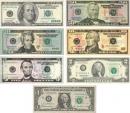
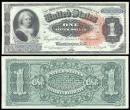
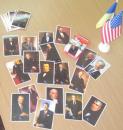



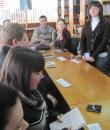
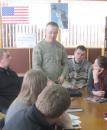
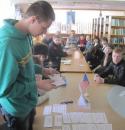
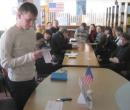

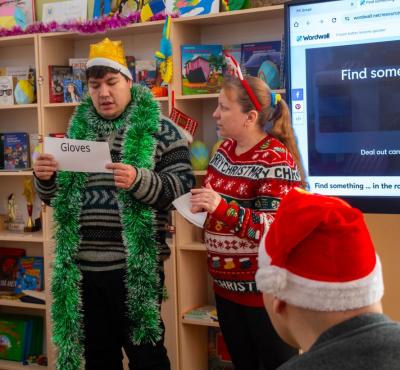
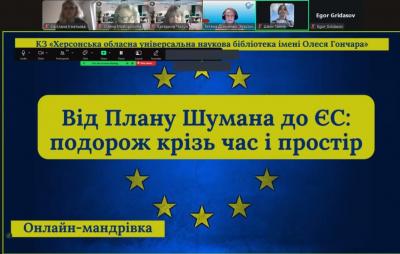
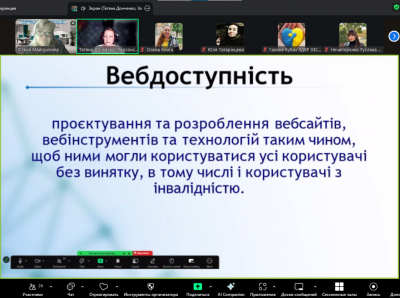
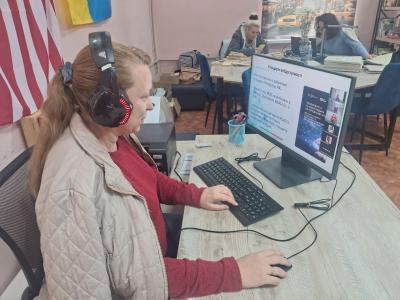
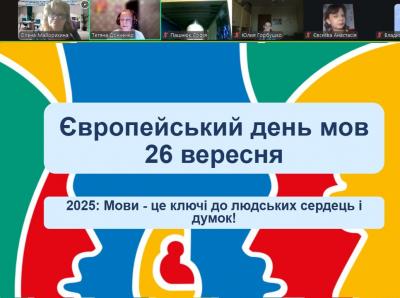
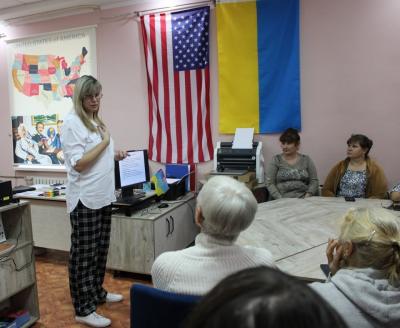
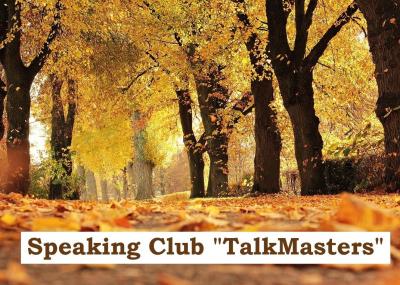
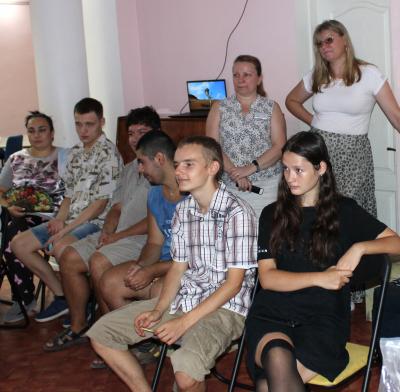


Comments